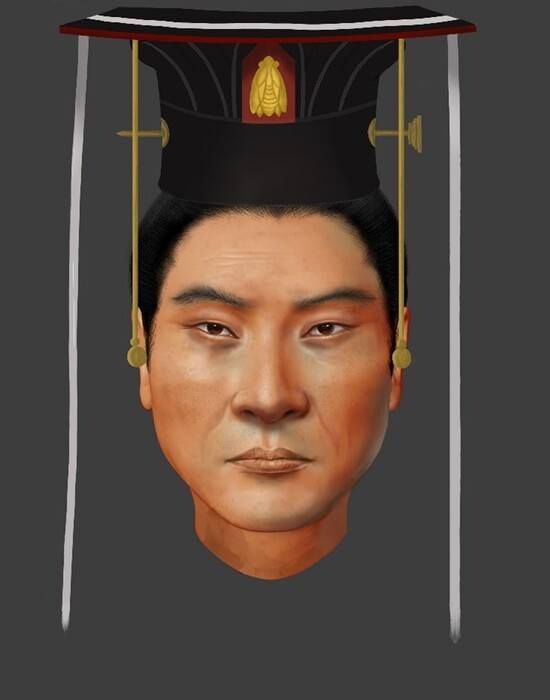The recent public debate surrounding Mizrahi and Israeli politics has joined quite a few scholars, including senior scholars at the academy. Some, like Prof. Ze'ev Sternhal of the Hebrew University, point to "the Eastern problem and Israeli society," trying to explain why Mizrahim are wrong in their vote for Likud and wonder how they do not support the left. This is one of the typical examples of "murder and inheritance".
The Hebrew University, the oldest and most important of the academic institutions in Israel, has for years led an active part in a deliberate and systematic policy that created the "lost generation of Mizrahi students". She was the one who strived to distance Mizrahim from the Israeli academy, thereby perpetuating the "problem" and depriving them of a necessary channel for social progress.
Haim Weizman, the leader of Zionism, was the one who initiated and participated tirelessly in the founding of the three higher education institutions during the pre-independence period, which became the infrastructure of Israel's leading cultural and research institutions. The Technion in Haifa, the Hebrew University of Jerusalem and the Daniel Ziv Institute in Rehovot, which later became the Weizmann Institute of Science. The idea that pushed Weizmann to devote himself to the establishment of research and thought institutions was introduced as early as 1902, when he was 28 years old, in a booklet called "Jewish High School." Weizman, together with the great man of the spirit, Prof. Martin Buber and author Baruch Feibel, published a detailed program for the establishment of a Hebrew university. His claim was simple and poignant: blocking the access of Jews to academic education, a systematic policy of excluding them from universities in European countries, could cause cultural degeneration for the Jewish people. Jewish access to free universities in an independent Jewish state was a major reason for the very existence of Zionism.
But accessibility was not given to all Jews in the State of Israel. In the 1970s, access to universities, especially for university degrees, was catastrophic. Prior to the establishment of the Open University, experts estimate that the rate for matriculation exams in each year is 35 percent of Europeans, compared to only 5 percent of Eastern Europeans. The founders of the Open University believed that an institution that provides a college degree with a real profession without the requirement for a high school diploma would necessarily increase the number of members of the Eastern Community as students in higher education institutions.
In July 1976, discussions were held at the Hebrew University in response to the establishment of the Open University. The rector, Prof. Gideon Shspsky, claimed that "he does not believe that the cultivation needs (the code name for Mizrahi people) because it is precisely these that need a curriculum and will have difficulty in studying the method adopted by the Open University." The Open University of Israel is a graduate of his university, and he has rejected the status of the new academic degree, stating that the Hebrew University will not deviate from the regulation and will not accept graduate students without a high school diploma.
"This means," the rector stated, "that even when the bachelor's degree of the Open University is recognized by the Council for Higher Education, these graduates will not be able to continue their graduate studies at the Hebrew University." In an Open University academic degree, the rector stated, "danger lies." Since the essence of the Open University is to provide an opportunity for young people who have not completed a matriculation certificate, the Hebrew University has in fact provided an impassable barrier for those who open the University as a single channel for advanced degrees, thus marking the supremely practical threshold most Easterners can aspire to. The rector sent this letter to those in charge of higher education in the state, and thus, perhaps, he sought to turn the refusal of the Hebrew University, the dominant one of all universities, into a general boycott to which the other universities would be recruited?
With this state of confiscation and exclusion led by the Hebrew University, the Likud had to fight to break the university cartel, among other things through the college revolution that has accessed the Mizrahi Academy since the 1990s. Hundreds of thousands of new college students have facilitated the creation of the Middle Eastern class. The struggle in the university cartel is one example of the kinds of barriers and distortions that the Likud has systematically corrected for the benefit of the Mizrahi, to the dismay of the scholars of the left. For them, this is indeed a problem.
Dr. Uri Cohen is a senior lecturer in the School of Education at Tel Aviv University
See more opinions by Dr. Uri Cohen








